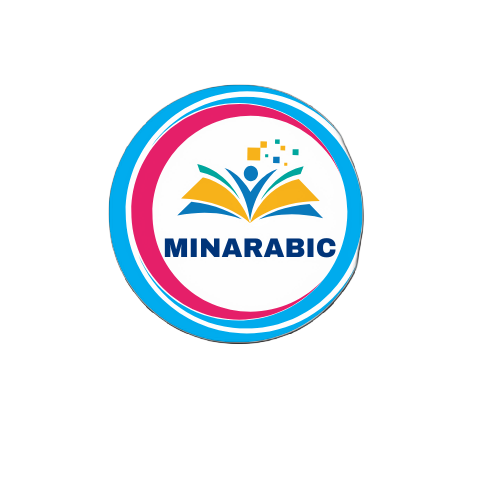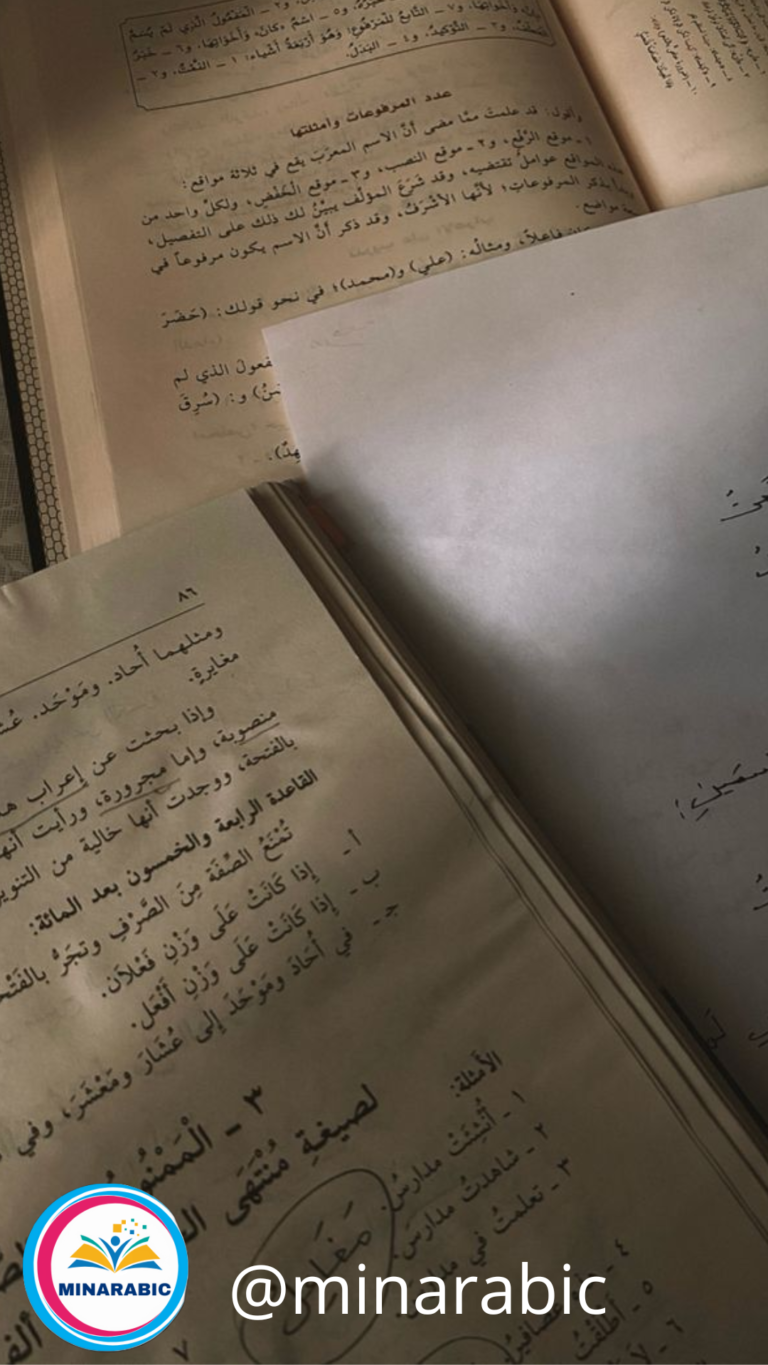

Arabic Grammar For Beginners
Understanding Arabic Grammar Without Getting Overwhelmed
Learning Arabic can feel like stepping into a whole new world. With its rich history, beautiful script, and unique structure, the Arabic language is as fascinating as it is challenging. However, diving into Arabic grammar doesn’t have to be overwhelming. With the right approach and resources, you can master the basics while building a strong foundation for fluent communication, Click here.
Here’s how you can simplify your journey to understanding Arabic grammar while enhancing your Arabic language skills.
Start with the Basics: The Arabic Alphabet and Script
Before jumping into grammar, familiarize yourself with the Arabic alphabet and script. Arabic writing flows from right to left, and its 28 letters have unique shapes depending on their position in a word. Mastering the alphabet and basic Arabic writing will help you recognize words and phrases more easily.
Pro Tip: Use flashcards or apps to practice Arabic letters and connect them with their sounds. Repetition is key to making them second nature.
Learn Common Arabic Phrases
Instead of starting with complex grammar rules, focus on memorizing useful Arabic phrases. This practical approach allows you to engage in basic conversations while getting comfortable with sentence structures. Start with greetings, polite expressions, and everyday phrases—these are essential for Arabic for beginners.
Examples:
- سلام! (“Salam!” – Hello!)
- شكرا (“Shukran” – Thank you)
- كيف الحال؟ (“Kayfa al-Haal?” – How are you?)
Focus on Basic Grammar Concepts
Arabic grammar may seem daunting because it includes unfamiliar concepts like case endings and verb conjugations. However, breaking it into manageable parts can simplify the process. Start with these core ideas:
- Nouns and Adjectives: Arabic nouns have gender (masculine and feminine) and can be singular, dual, or plural. Understanding these distinctions will help you form basic sentences.
- Verbs: Verbs are central to Arabic grammar. Learn the three main tenses: past, present, and imperative. Focus on commonly used verbs and their conjugations.
- Definite Articles: The word “al-” (equivalent to “the”) is attached to nouns to make them definite. For instance, بيت (“bayt” – house) becomes البيت (“al-bayt” – the house).
Expand Your Arabic Vocabulary
Building your Arabic vocabulary is an ongoing process. Start with high-frequency words related to everyday life, such as food, family, and numbers. Incorporate Arabic vocabulary into your daily routine by labeling household items or keeping a vocabulary journal.
Resources like Arabic language courses or apps designed for beginners often include curated vocabulary lists to help you start strong.
Practice Speaking and Listening
To truly speak Arabic, you need consistent practice. Join Arabic lessons, participate in language exchanges, or use apps that focus on speaking and listening. Arabic conversation practice will help reinforce grammar naturally.
Listening to Arabic media—like songs, podcasts, or news—is another great way to familiarize yourself with pronunciation and sentence structures.
Take Advantage of Arabic Grammar Lessons
Structured Arabic grammar lessons are invaluable. Whether you’re studying independently or with a tutor, prioritize materials that explain concepts clearly and provide plenty of examples. Look for resources tailored to beginners, such as Arabic language tutorials or beginner-friendly grammar books.
Incorporate Fun Learning Methods
The journey to learn Arabic doesn’t have to be all about textbooks. Use creative techniques to keep it interesting:
- Games and Apps: Interactive platforms make learning engaging and fun.
- Cultural Immersion: Watch Arabic movies or listen to music to experience the language in context.
- Writing Practice: Practice Arabic writing by copying simple sentences or journaling your thoughts.
Join a Community
Studying Arabic in isolation can be tough. Join an Arabic language academy, online forums, or local groups where you can connect with fellow learners. Sharing tips and practicing together will keep you motivated.
Be Patient and Consistent
Arabic grammar is a journey, not a sprint. Set realistic goals and celebrate small victories, like learning a new phrase or understanding a grammatical rule. Consistency is your greatest ally—even just 15 minutes a day can lead to steady progress.
Final Thoughts
Understanding Arabic grammar doesn’t have to be overwhelming. By focusing on foundational skills like the Arabic alphabet, vocabulary, and common phrases, you can gradually build your confidence. Supplement your efforts with Arabic lessons, conversation practice, and engaging resources to make the learning process enjoyable.
So, whether you’re taking an Arabic language course or teaching yourself, remember to take it one step at a time. Soon, you’ll be well on your way to mastering this beautiful language and enjoying meaningful conversations in Arabic.
Categories
Tags
You May Also Like
-
-
February 7, 2025
-
-
February 7, 2025
-
-
February 3, 2025




